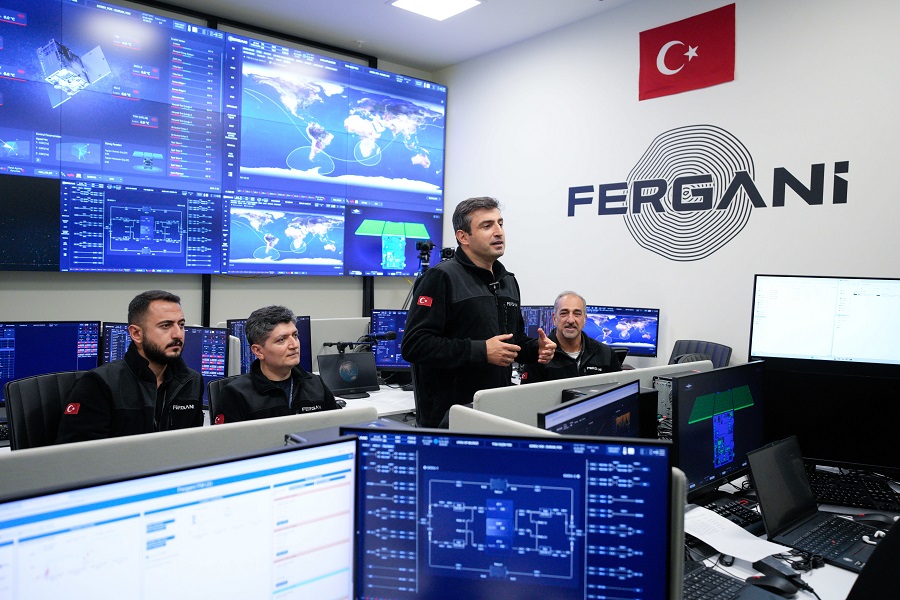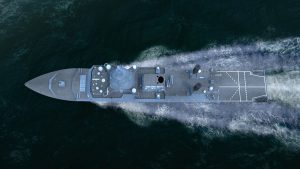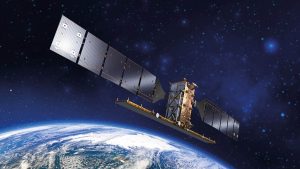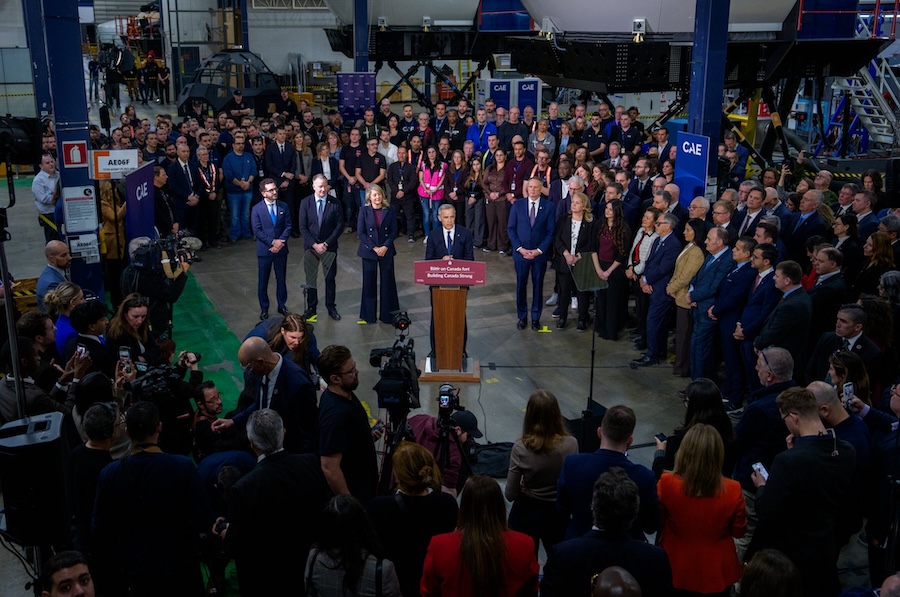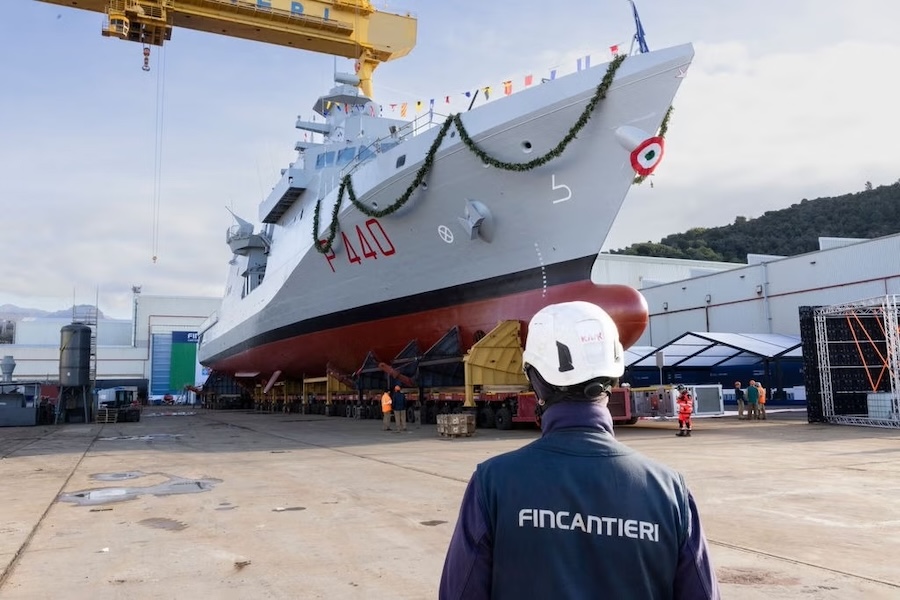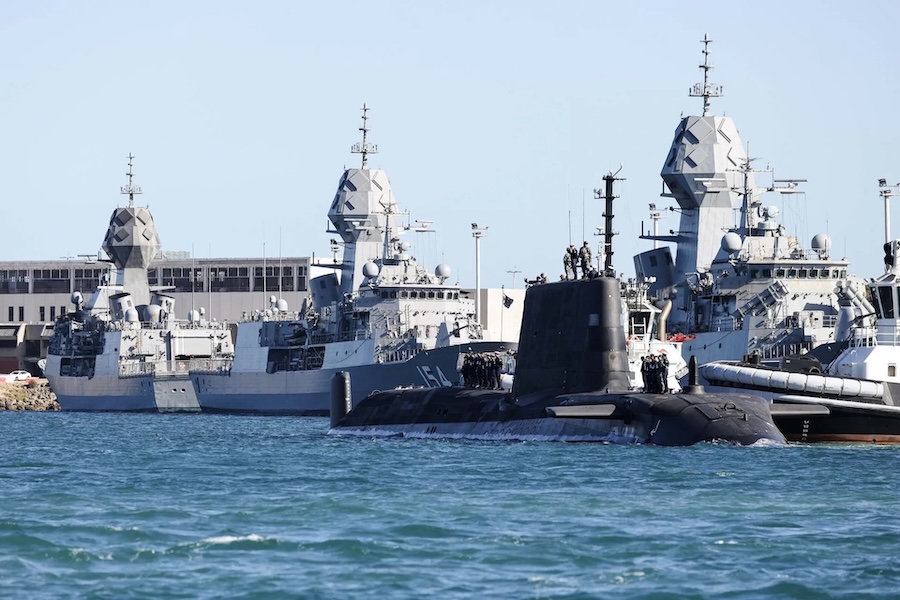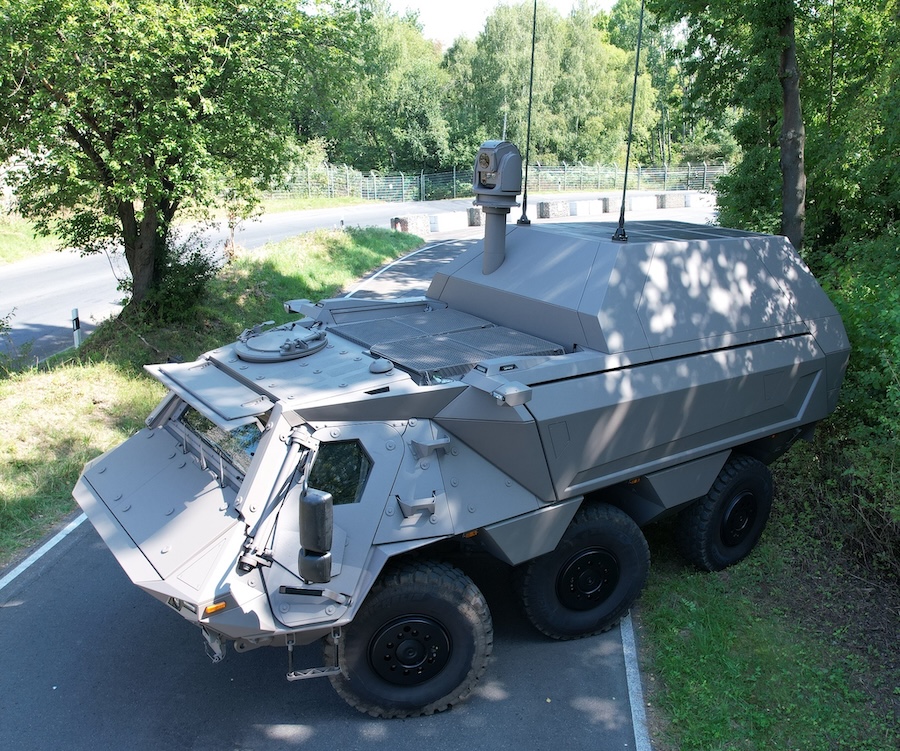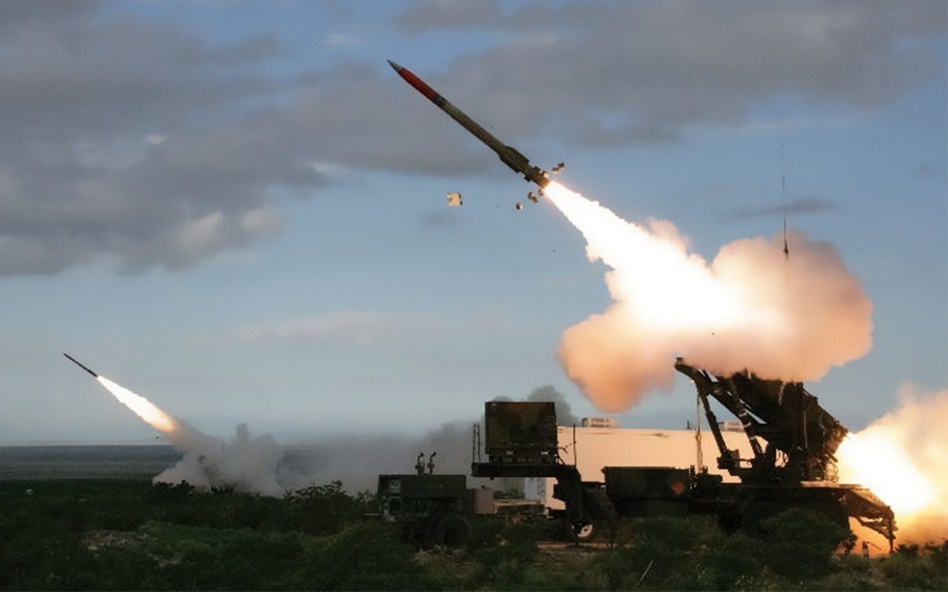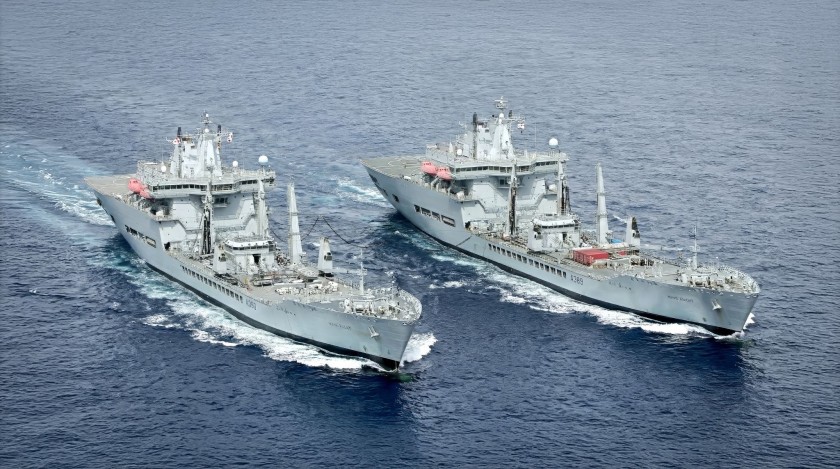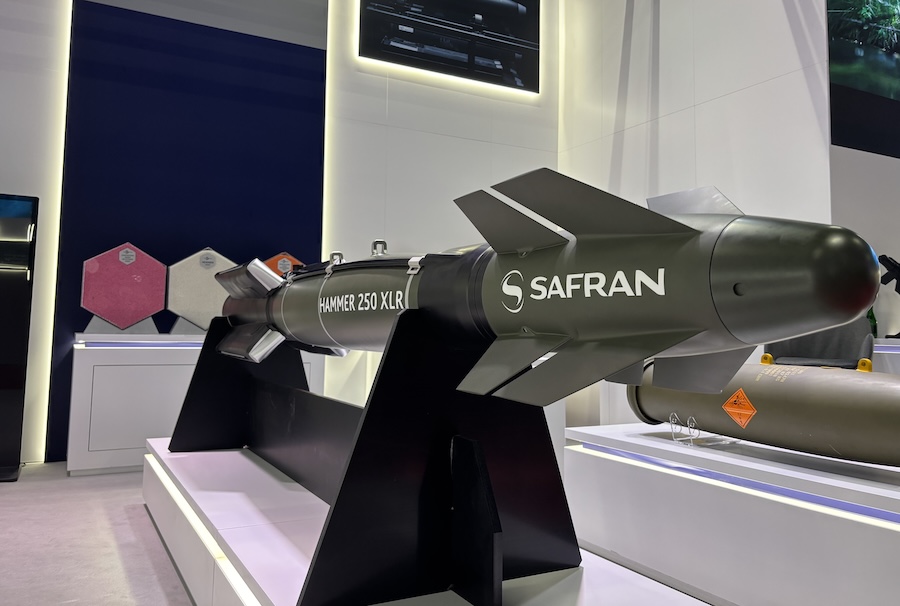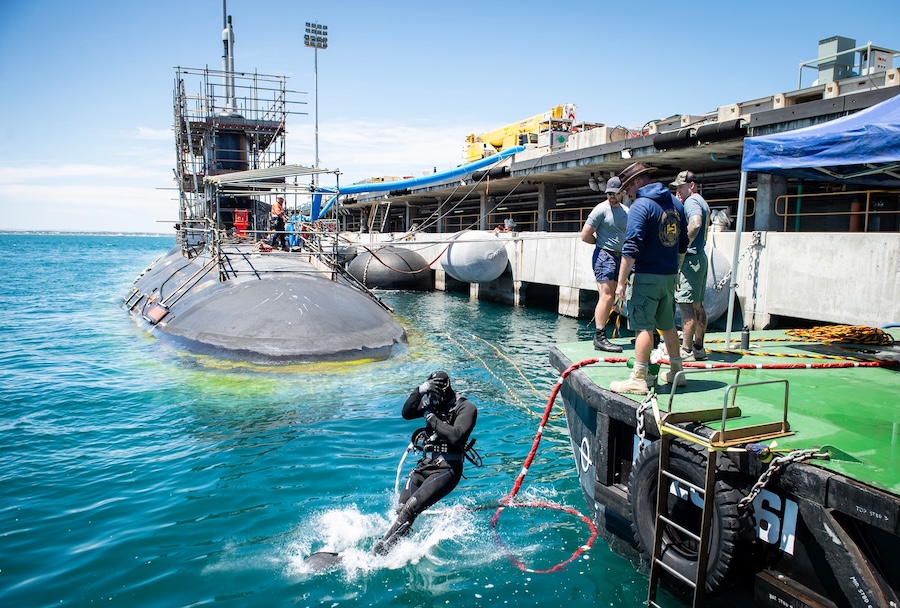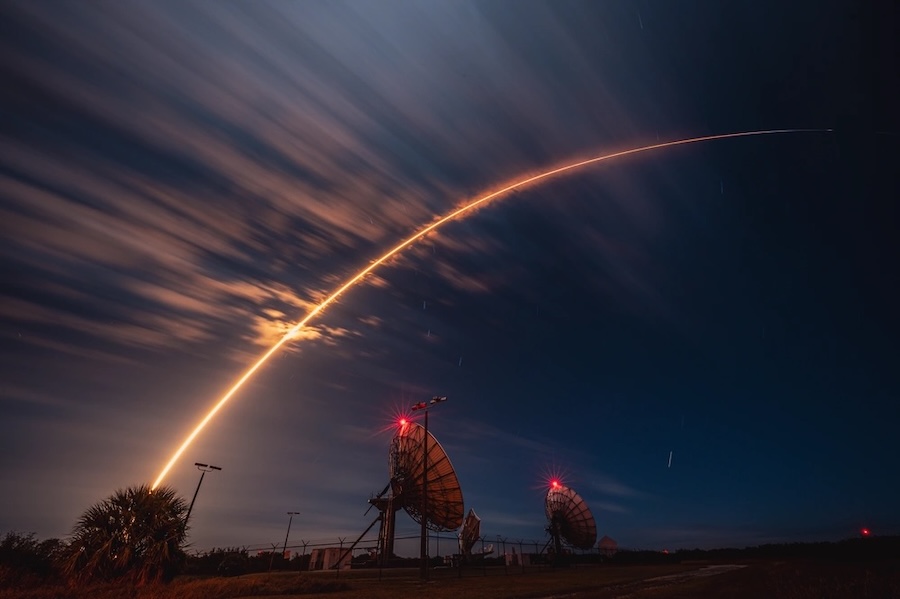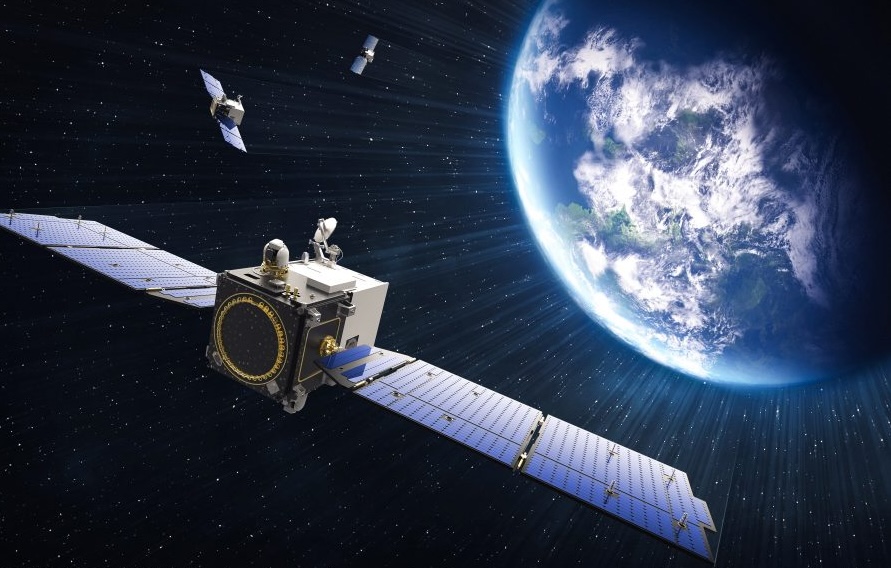FGN-100-D2 was carried into space as part of SpaceX’s Bandwagon-4 mission and separated from the launch vehicle approximately 74 minutes later, reaching its target orbit at 09:23 TRT. It then transmitted its first telemetry data, officially starting its mission.
The milestone follows the launch of FGN-100-D1, the first satellite of the project, on 14 January 2025 from the Vandenberg Space Force Base under the Transporter-12 mission. That satellite, weighing 102 kilograms, also successfully reached orbit and began transmitting data shortly after launch.
The launch of FGN-100-D2 was observed in real-time by Fergani Space CEO Selçuk Bayraktar and his team at the Space Observation and Control Center at the Özdemir Bayraktar National Technology Center. In a statement, Bayraktar said: “Our second satellite, FGN-100-D2, developed by our Fergani Space venture, has successfully reached space. This satellite is a 100-kilogram-class test satellite for the Uluğ Bey Global Positioning System that we will build.”
Founded in 2022, Fergani Space now has a team of 135 and develops its satellites entirely with national resources. “We expect the satellite’s mission duration to be between 5 and 7 years. Its engineering, systems, and design were developed entirely by our teammates at Fergani,” Bayraktar added.
Looking ahead, Bayraktar shared the company’s ambitions: “Our goal is to reach more than 100 satellites within five years and to put our Uluğ Bey Global Positioning System into service independently for Türkiye and all friendly and brotherly nations.”
Bayraktar also highlighted future plans for in-orbit mobility: “In addition to these efforts, we are also developing our Orbital Transfer Vehicle (OTV). In the coming days, its launch will be carried out together with a small test satellite. Our teammates are also continuing the design of our launch vehicle to gain the capability of independently reaching space. May it be auspicious for our nation and homeland.”
FGN-100-D2 will operate in Low Earth Orbit at an altitude of about 510 km, circling the Earth roughly 15 times a day at a speed of 7.6 km/s. The satellite will test a range of capabilities including telemetry-telecommand communication, positioning, and payload operations.
The mission also strengthens Türkiye’s space technology ecosystem, as FGN-100-D2 was developed with fully indigenous systems. These include avionics, national software integration, a green propulsion engine, structural design, and environmental testing, marking a significant step in Türkiye’s pursuit of space independence.


